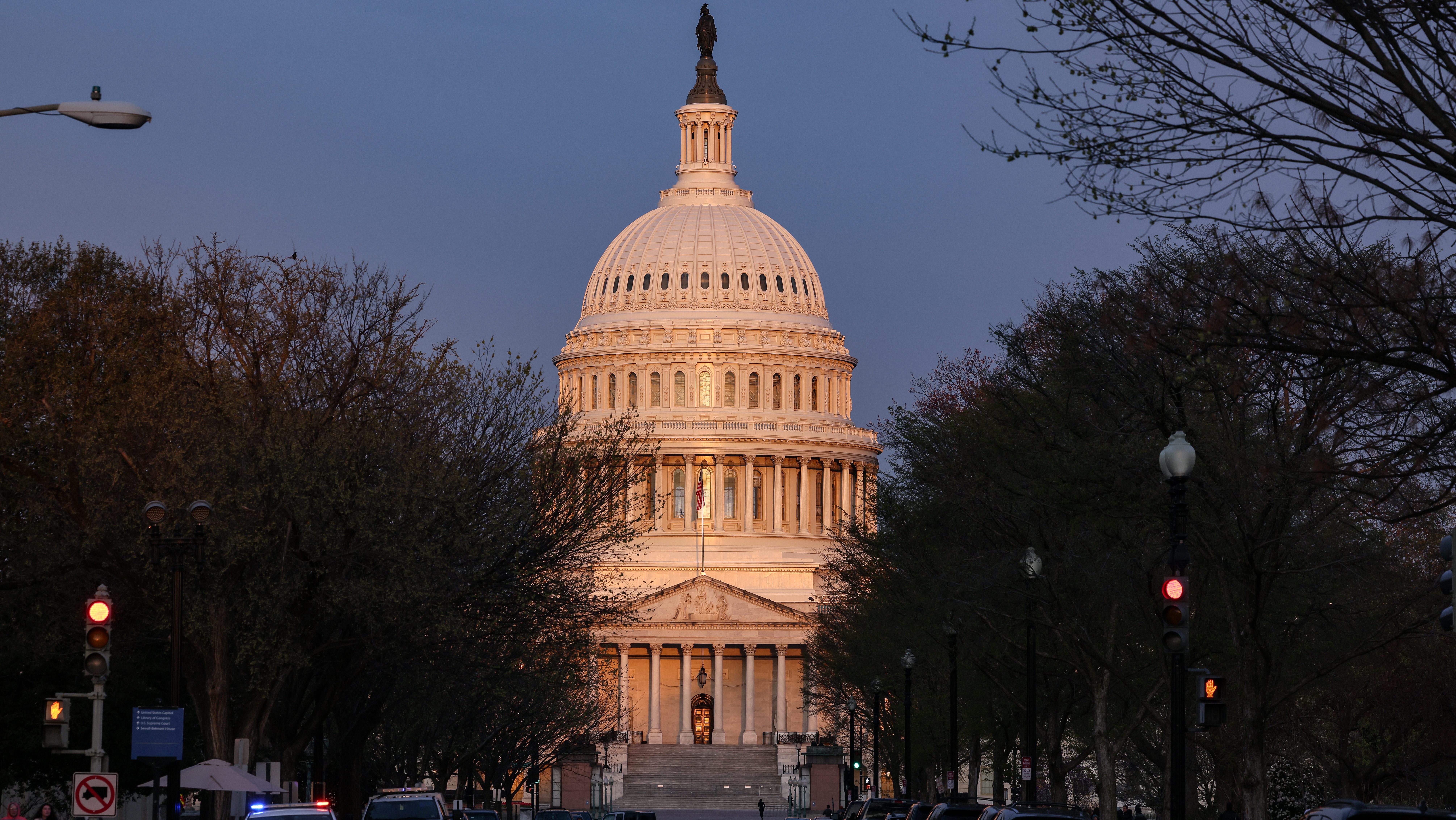In 1978, Arkansas elected a young, energetic governor who connected emotionally with the people of his state. But during his term in office, voters felt he became aloof and detached from them, and failed to understand the issues they cared about. They fired him in 1980.
The ex-governor learned his lesson. He reformed his image and attitude, and made a comeback in 1982. Ten years later, he was elected president of the United States.
Adrian Fenty could take a lesson from Bill Clinton.
At the beginning of this year, Fenty seemed sure to win a second term. No serious rival had emerged, and Vincent Gray seemed reluctant to run. Even Fenty’s critics conceded that with crime down and test scores up, Fenty had a strong claim on another four years in office.
But then there was that personality thing.
I overheard one Gray voter yesterday say that Fenty “has done good things for the schools, but he’s arrogant.” As polls throughout the campaign showed, opposition to Fenty seemed more rooted in his style and attitude -- and that of his hard-charging schools chief Michelle Rhee -- than to his policies or the state of the city.
Fenty did not deserve Tuesday’s result. Though Gray is an accomplished man who could be a consensus-builder as mayor, and though Fenty merited a stiff warning from voters, his rejection by a margin of about 8 points was a sad result for a mayor who has moved the city forward. The District fired Fenty after one term. It re-elected Marion Barry three times.
But Fenty will leave office nearly 30 years younger than Gray will enter it. If he so chooses, Fenty can take the next four years to learn from his mistakes and rebuild his ties to the District of Columbia. There are other young, ambitious leaders on the city’s horizon -- Kwame Brown, now the Democratic nominee for Council chair, for one -- but there’s still room for a Fenty comeback.
Bill Clinton was the Comeback Kid. Adrian Fenty could be the Comeback Jerk.
Politics
Political news from the U.S. Capitol, White House and around Washington, D.C., Maryland and Virginia
If he wants to, that is.
After the spanking voters gave him last night, Fenty might be eyeing an Obama Administration job, or something with his political mentor Michael Bloomberg. Or maybe he’ll just want to go make some money.
Unless those write-ins in the Republican and Statehood Green primaries contain some real surprises, Democratic nominee Gray will become Mayor Gray about 100 days from now. Given Fenty’s reputation for steamroller-like governance, he may feel an urge to be more aggressive than ever in his lame duck months, enacting as much of his agenda as he can. After all, he doesn’t have to worry about those pesky voters anymore.
That would be a huge mistake, damaging both the city and Fenty’s future. Whatever their reasons, District voters chose Gray yesterday, and the best thing for Fenty to do would be to work with the de facto mayor-elect for a smooth, harmonious transition.
Results in most other races were as expected. Brown easily defeated Vincent Orange in the race to succeed Gray as Council chair, and every Council member up for renomination won their primaries. Mike Panetta, the District’s most vocal voting rights advocate after Delegate Eleanor Holmes Norton, will get a much-deserved third term.
Norton won nomination for an 11th term by a 9 to 1 margin over Douglass Sloan, who made a visible effort. In 2006, the last time she faced a primary challenger, Norton won by a similar margin. It seems Eleanor is untouchable.
Almost everyone can be happy with the result in the At-Large Council primary -- except for Clark Ray, who got squeezed out.
Incumbent Phil Mendelson trounced Shadow Sen. Michael D. Brown, who led a recent Washington Post poll, probably due to name confusion with Councilmember Michael A. Brown.
I had been a fan of the man who likes to be called “Senator Brown,” but who Councilmember Tommy Wells has dubbed “White Mike.” I found him to be a friendly fellow who was a passionate advocate for D.C. statehood. But as his campaign for council went on, it became clear that Brown was cynically capitalizing on voter confusion.
In the last days of the campaign, he employed intentionally opaque robocalls and campaign mailers, and he insisted -- right up through interviews yesterday -- that name confusion was a non-issue and that people were voting for him because of who he was.
Brown practiced deception against District voters for his own ends, and hoped we were too dumb to notice. Thankfully, he was wrong about that. But he has lost all credibility and any claim to respect. Perhaps he should resign as shadow senator.



